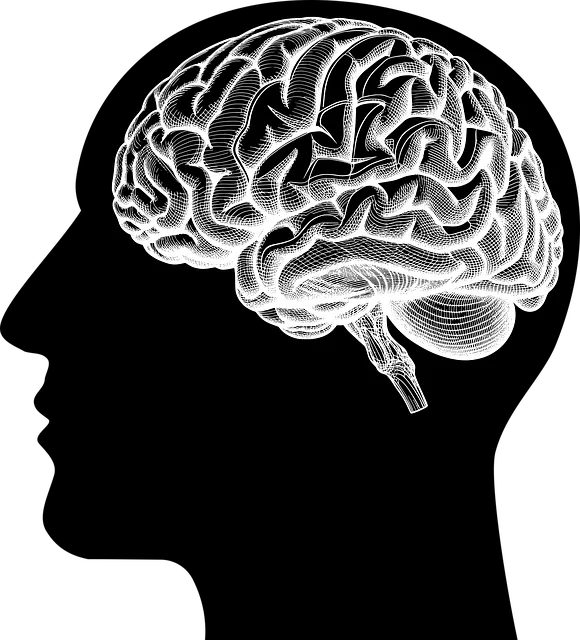Mental health professionals at top-rated facilities like the Littleton Kaiser Permanente (LKP) center play a vital role in crisis intervention, offering specialized support and strategies to address immediate needs while building long-term coping skills. LKP's holistic approach, backed by positive reviews, considers environment, relationships, and personal history, fostering trust and meaningful client-therapist connections. Their comprehensive crisis intervention includes assessment, immediate support, and long-term planning, with techniques like conflict resolution and emotional regulation methods. Regular feedback from patients and families is integral to refining care protocols and ensuring continuous improvement in mental wellness care, as highlighted by LKP mental health center reviews.
In times of crisis, mental health professionals play a pivotal role in providing immediate and effective support. This article explores crisis intervention strategies, guided by the renowned practices at the Littleton Kaiser Permanente Mental Health Center. We delve into understanding crisis intervention’s critical function, examining their unique approach, and offering a comprehensive guide to successful techniques. Additionally, we analyze reviews and feedback to measure success and highlight continuous improvement within the context of Littleton Kaiser Permanente mental health center reviews.
- Understanding Crisis Intervention: A Critical Role for Mental Health Professionals
- The Littleton Kaiser Permanente Mental Health Center Approach
- Effective Strategies for Crisis Intervention: A Comprehensive Guide
- Reviews and Feedback: Measuring Success and Continuous Improvement at KP
Understanding Crisis Intervention: A Critical Role for Mental Health Professionals

Mental health professionals play a critical role in crisis intervention, providing essential support and guidance during moments of intense distress. This process involves helping individuals navigate and manage severe emotional or psychological crises, often characterized by feelings of overwhelming stress, anxiety, or despair. At centers like the Littleton Kaiser Permanente mental health center, reviewed highly for their services, professionals employ specialized techniques to ensure safety and promote recovery.
Crisis intervention strategies are tailored to address immediate needs while fostering resilience and long-term coping mechanisms. This includes a range of methods such as active listening, emotional support, and teaching self-awareness exercises to help individuals better manage stress. Crisis Intervention Guidance, a cornerstone of mental health practice, equips professionals with the skills to assess situations swiftly and implement effective interventions, ultimately mitigating potential harm and facilitating healing.
The Littleton Kaiser Permanente Mental Health Center Approach

The Littleton Kaiser Permanente Mental Health Center has developed a unique and effective approach to crisis intervention, gaining recognition through positive Littleton Kaiser Permanente mental health center reviews. This strategy focuses on a holistic understanding of individuals in crisis, emphasizing not just their symptoms but also their environment, relationships, and personal history. By fostering an environment of safety, trust, and respect, the center facilitates meaningful connections between clients and therapists.
One of the key components of this approach is the integration of Conflict Resolution Techniques, helping individuals navigate and resolve internal and external conflicts that often contribute to crises. Additionally, they promote Self-Awareness Exercises to encourage introspection and understanding of one’s emotions and triggers. Furthermore, the center prioritizes Emotional Well-being Promotion Techniques, ensuring clients develop resilience and coping mechanisms for long-term mental health sustenance.
Effective Strategies for Crisis Intervention: A Comprehensive Guide

In the face of crises, whether personal or communal, effective crisis intervention strategies play a pivotal role in mitigating harm and fostering recovery. At the Littleton Kaiser Permanente mental health center, reviews highlight the importance of a comprehensive approach that combines assessment, immediate support, and long-term planning. One key strategy is Conflict Resolution Techniques, which help de-escalate tense situations and promote understanding among parties involved. These techniques are crucial for mental health professionals, as they enable them to navigate complex emotional landscapes with empathy and skill.
Additionally, Risk Management Planning is an essential component of crisis intervention. It involves identifying potential risks, developing strategies to mitigate them, and ensuring the safety and well-being of all individuals involved. By integrating Emotional Regulation techniques into their practice, mental health professionals can assist clients in managing intense emotions, fostering a sense of calm, and making clear, rational decisions. These strategies collectively equip individuals and communities with the tools necessary to confront and overcome crises effectively.
Reviews and Feedback: Measuring Success and Continuous Improvement at KP

At the Littleton Kaiser Permanente mental health center, reviews and feedback play a pivotal role in crisis intervention strategies. By gathering insights from patients and their families, the center can measure the effectiveness of its interventions and identify areas for improvement. These reviews are instrumental in refining care protocols, ensuring that stress reduction methods and emotional intelligence training are tailored to meet the unique needs of each individual. The continuous feedback loop fosters a culture of excellence, where mental wellness is prioritized and enhanced through proactive measures.
The process involves regular assessments, post-intervention surveys, and open dialogue sessions. This multi-faceted approach allows the center to not only assess immediate outcomes but also track long-term progress. By integrating these reviews into their guidance, the Littleton Kaiser Permanente mental health center ensures that its services remain at the forefront of best practices in the field, promoting holistic mental wellness for all patients.
Crisis intervention plays a vital role in mental health support, as evidenced by the successful strategies employed by the Littleton Kaiser Permanente Mental Health Center. By combining comprehensive guidance and a tailored approach, these interventions can significantly improve patient outcomes. The center’s methodology, detailed in this article, offers valuable insights for professionals seeking to enhance their crisis management skills. Furthermore, learning from the extensive reviews and feedback of the KP model enables mental health practitioners worldwide to refine their practices and ultimately provide more effective care during critical moments. As we navigate the complex landscape of mental healthcare, these strategies serve as a beacon, guiding us toward better-informed and more responsive interventions.






